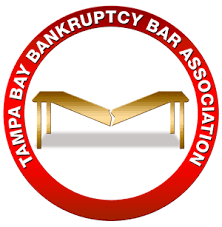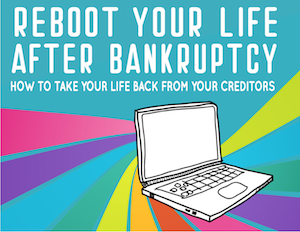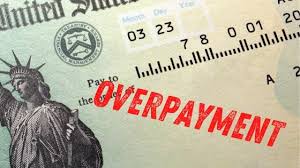As the owner of a small bankruptcy law practice in Tampa, Florida, we were often thought of as the epicenter of the great recession and foreclosure crisis back in 2008-2012.
One thing that always made a big impression on me, was the number of people who genuinely believed and tried their very best to catch up with their bills once they became re-employed. These were folks who unfortunately had to run up their credit cards when not working, only to encounter high interest rates and an inability to catch up and actually pay down the balance even after they got a good paying job. Then I had to tell them that they could no longer file a Chapter 7 – the full bankruptcy. Instead, they were limited to filing a Chapter 13 – and partially or even worse, fully repaying the debt. Now this doesn’t always happen, but if you’re making 80k, are single and filing bankruptcy, it could. And often did.
Don’t be this person. Consult a bankruptcy attorney if you’ve had to run up your credit cards or incur a pile of debt whether medical expenses, unpaid rent, etc.
 Reboot Your Life: Tampa Student Loan and Bankruptcy Attorney Blog
Reboot Your Life: Tampa Student Loan and Bankruptcy Attorney Blog






